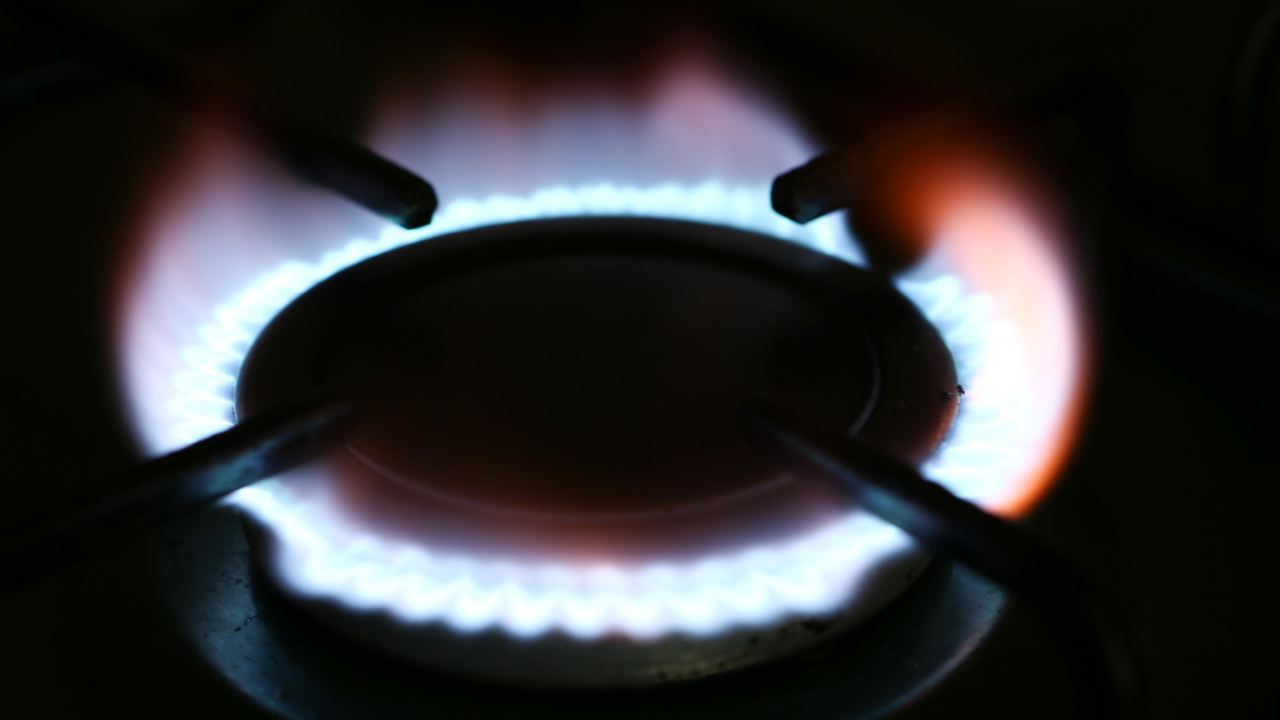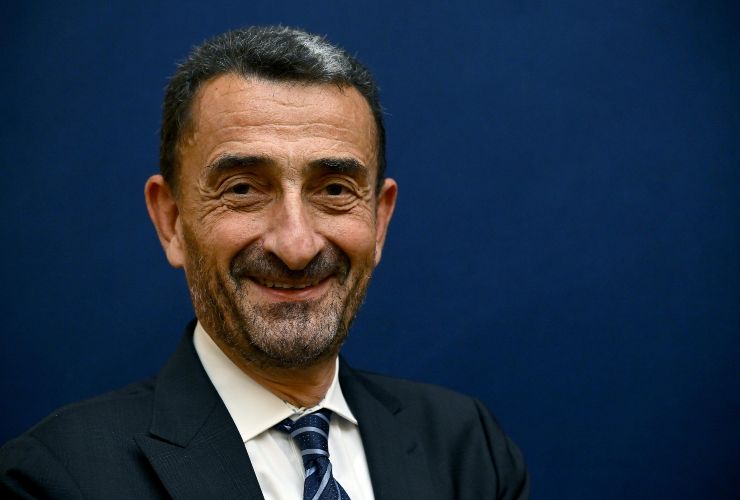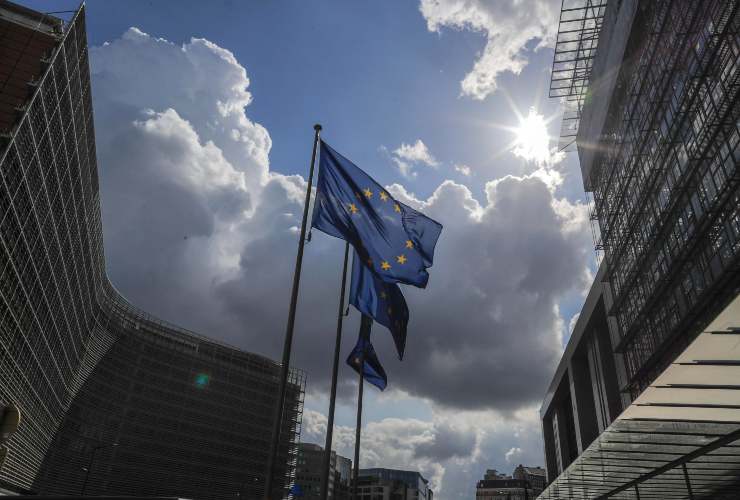The wholesale price of gas on the Amsterdam Stock Exchange is in freefall following the measures taken by the EU on price caps. The effects are expected to soon impact household, business, retail and office bills.
In Amsterdam, the price of gas fell by -9.5% to 115 euros per megawatt hour on Tuesday 18 October. “Gas prices are collapsing, we are back to June levels, so 5 months ago,” Davide Tabarelli, president of Nomisma Energia, told Radio 24. “This morning it opened at 120 euros, the maximum was at 353. Today is therefore a third of what it was at the end of August when there was panic”.
 Photo Ansa / Epa Adam Vaughan
Photo Ansa / Epa Adam Vaughan
Gas and electricity bills
Tabarelli pointed to the effects this will have on bills. “Positive signs,” he said, will come soon. “The effects on electricity will be seen from January 1, 2023. And we can be very unbalanced in the sense that with extreme probability, very high probability, there will be no more increases. And there will probably be a drop of -15% or -20%. On gas, we still have to “digest” October, with prices in September and October. So from November 1 we will know what the average will be ”. However, the president of Nomisma Energia clarified, “in November, the price should drop compared to October. This is positive news”.
“But the prices are still high”
Regarding the price of gas, Tabarelli then clarified that, despite recent declines, we are still “five times above long-term averages. Above May levels and above early war levels”. Before the Russian invasion of Ukraine, the price of gas was 80 euros per kilowatt hour, compared to 115 today. As mentioned, however, the effect of lower gasoline prices compared to the end of last August is a consequence of the European price cap measures. Indeed, the European Commission proposes to introduce a cap on gas import prices that is dynamic and temporary. All with the aim of “avoiding excessive price volatility and preventing extreme spikes in the energy derivatives market”.
 The president of Nomisma Energia, Davide Tabarelli. Photo Ansa / Ettore Ferrari
The president of Nomisma Energia, Davide Tabarelli. Photo Ansa / Ettore Ferrari
LNG price index
This is what we read in the draft new package of measures against expensive energy which will be presented on October 18 by the President of the European Commission, Ursula von der Leyen. The European Authority for Financial Instruments and Markets (ESMA) “will have the task of coordinating the application of this mechanism throughout the Union and documenting the differences”. The European Commission also proposes to develop a new complementary index of LNG (liquefied natural gas) prices, an alternative to the Ttf in Amsterdam.
 Photo Ansa / Epa Olivier Hostlet
Photo Ansa / Epa Olivier Hostlet